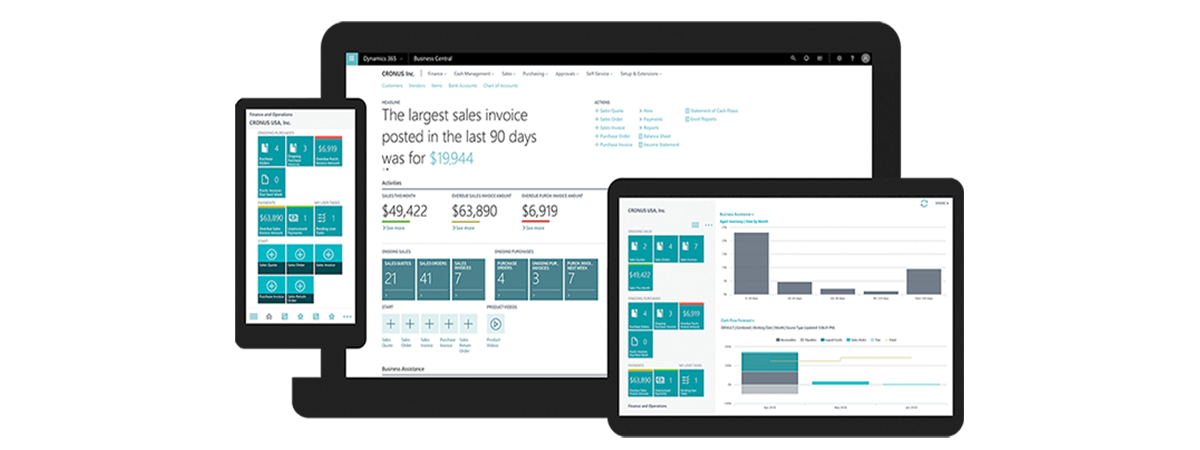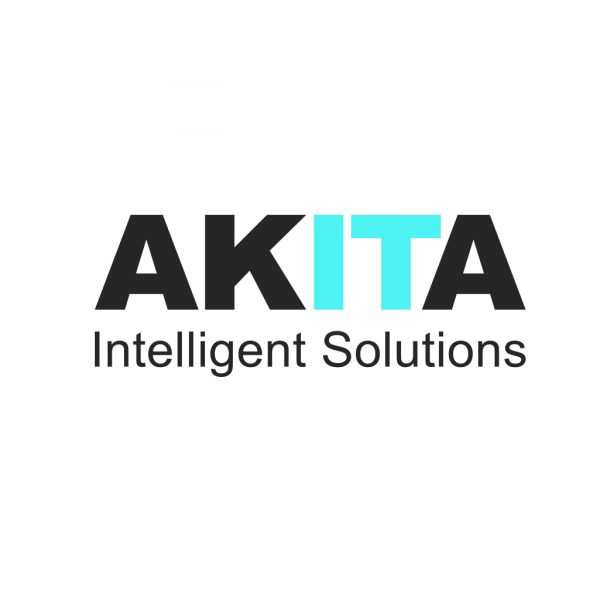When it comes to digital transformation and ERP adoption, “How much is this going to cost?” is a typical business question
What is the Cost to Implement an ERP System, the answer will be dependent on a wide range of factors: the size of the company, the level of customisation required, the number of users and the depth of integration with other systems to name just a few factors. However, if approached strategically, the cost to implement an ERP system can be much lower than an organisation might expect.
The Average Cost To Implement An ERP System
According to research by Panorama Consulting, the average cost of an ERP system implementation was approximately $1.3 million (£983k). However, this number disguises a very wide range – from as little as £5,000 stretching to multi-million-pound implementations.
Arguably, the market is evolving fastest at this lower end. And products such as Business Central offer organisations a solution that can scale to meet the demands of small operations all the way through to multi-national level reach.

So choosing the right product can be key in terms of getting long-term value from an ERP system (and avoiding costly replacement programs).
But beyond the choice what else can influence the cost of implementing an ERP system.
Factors that influence ERP cost
To start with, the size and structure of a business will affect how much it costs to implement an ERP system. A standard configuration for smaller companies is usually more affordable than for larger organisations because they typically require less customisation and fewer user licences. How complex the software is, depends greatly on what each individual business wants and needs from their ERP system.
To that end, ERP implementation cost will also depend on how many other systems are involved with the project. An ERP system is designed to sit centrally within an organisation and speak with all its teams and departments. If a company has a large number of pre-existing systems that must be integrated with the new ERP software, this can increase the cost of implementation.
There’s also the depth to which a company wants to be able to use the system. Smaller businesses may only need one or two functionality modules (typically finance and sales CRM). Larger organisations require a more comprehensive system that can manage multiple functions, including manufacturing, project management, warehousing and human resources.

But that doesn’t mean an organisation necessarily needs all these functions at once. There can be a value to phasing a project - over several months or years - to ensure systems bed in and to not overwhelm a company with change.
This approach may also mean the ROI of one phase can provide enough of a return to fund further steps of the project.
Working With The Right Implementation Partner
Ultimately, the cost of implementation will depend on a variety of factors, so it's important to get an accurate estimate before moving forward.
Working with an experienced ERP provider will help. But even here there can be variations of approach that can see costs radically differ. For example, an organisation may be happy with a basic or templated offering of their ERP system. Partners can deliver this quickly and cost-effectively but are unlikely to provide customisation as part of the project.
In contrast, for a highly tailored deployment, an organisation will potentially need to engage with a partner on a business case, consultancy, user cases and more – all of which will carry an extra cost. So if planning to implement an ERP system, it’s a good idea to establish what you want from your partner and seek out the right fit.

Cost To Implement An ERP System? Focus on the return, not on the cost!
As has already been touched on here, while cost is important it should be contextualised by return as well. ROI is an often misused term, but in the context of ERP systems, there’s plenty of real-world data to show the financial and productivity benefits a business can expect.
So look beyond the price and closer at the return – a large implementation may have a big upfront cost, but will likely still be paying back 10-15 years later. In contrast, a single module can potentially pay for itself in a matter of months.
So if you're considering implementing an ERP system in your business, get in touch with our team today. We'll work with you to find the best solution for your needs and budget as well as establish potential return and benefits.
View more about our Business Central services:





